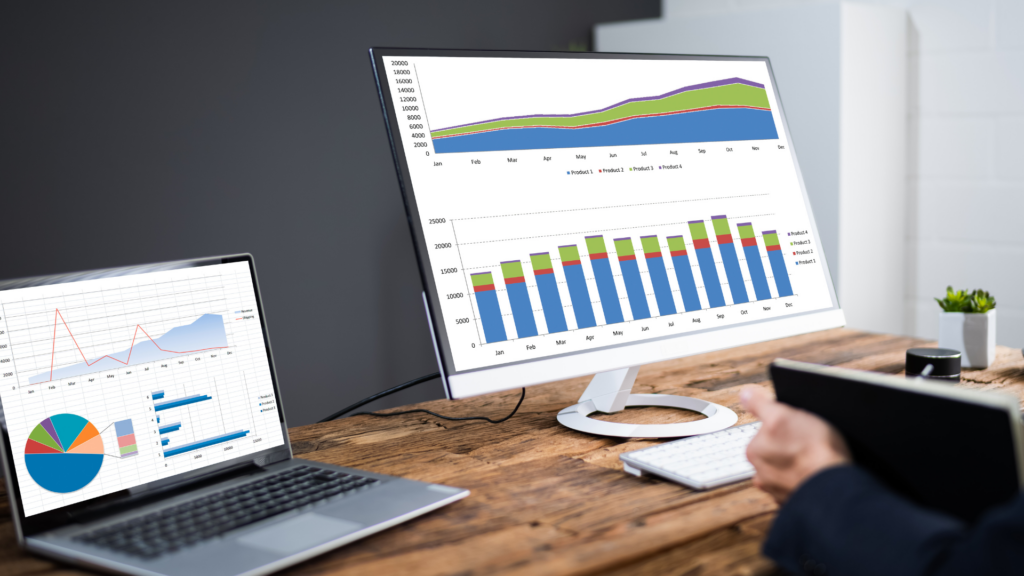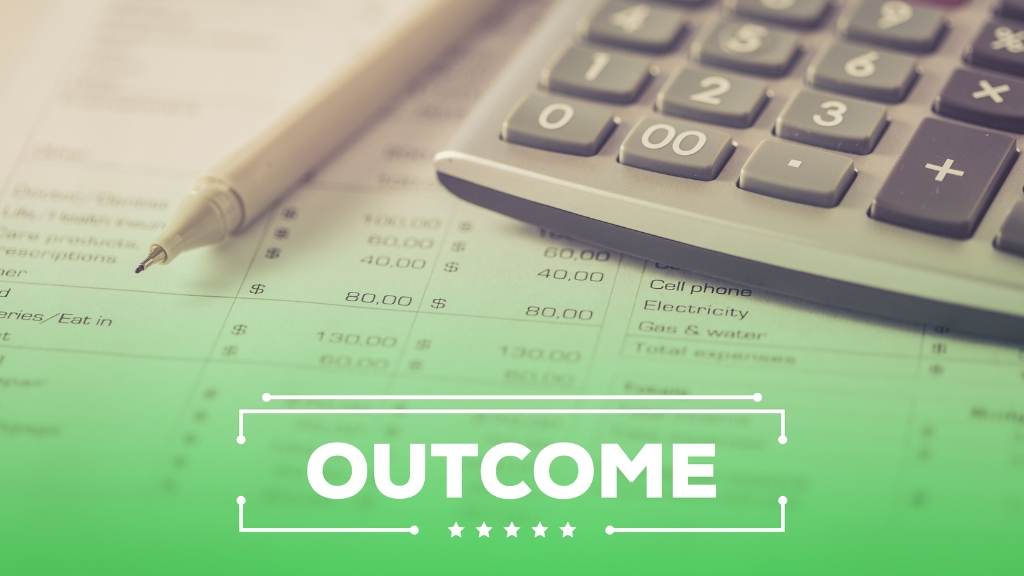
Data-Driven Strategies: Leveraging Nonprofit Dashboards
In the realm of nonprofit organizations, data-driven strategies are becoming indispensable for achieving mission success and operational efficiency. Nonprofit dashboards play a pivotal role in harnessing data to make informed decisions, track progress, and optimize performance. Here’s how leveraging nonprofit dashboards can transform your organization’s approach to data and enhance your strategic initiatives.
1. Understanding Nonprofit Dashboards
Nonprofit dashboards are visual tools that aggregate and present key performance indicators (KPIs) and other critical metrics in an easily digestible format. They offer a snapshot of your organization’s performance, allowing stakeholders to monitor progress, identify trends, and make data-driven decisions. By consolidating data from various sources into one interactive platform, dashboards simplify the process of analyzing and interpreting complex information.
2. Track Key Metrics in Real-Time
One of the primary benefits of nonprofit dashboards is the ability to track key metrics in real time. This feature allows organizations to monitor their fundraising efforts, program outcomes, and operational efficiency on an ongoing basis. Real-time data ensures that you can quickly identify any issues or opportunities, allowing for timely adjustments to strategies and tactics.
3. Enhance Fundraising Efforts
Dashboards can significantly enhance fundraising efforts by providing insights into donor behavior, campaign performance, and financial trends. With dashboards, you can track donation patterns, measure the success of fundraising campaigns, and analyze donor engagement. This information helps in crafting targeted appeals, optimizing donor outreach strategies, and improving overall fundraising effectiveness.
4. Optimize Program Management
Effective program management relies on understanding how well your initiatives are performing. Nonprofit dashboards can help track program outcomes and assess the impact of your programs. By visualizing data related to program participation, success rates, and resource utilization, you can make data-informed decisions to improve program effectiveness and allocate resources more efficiently.
5. Improve Financial Transparency
Financial transparency is crucial for building trust with donors and stakeholders. Dashboards offer a clear view of your organization’s financial health by presenting key financial metrics such as revenue, expenses, and budget adherence. This transparency not only helps in managing finances more effectively but also enhances accountability and supports donor confidence.
6. Facilitate Strategic Planning
Data-driven decision-making is essential for strategic planning. Nonprofit dashboards provide valuable insights that inform long-term strategies and operational plans. By analyzing historical data and current trends, you can identify areas for growth, set realistic goals, and develop strategies that align with your organization’s mission and objectives.
7. Promote Collaboration and Accountability
Dashboards foster a collaborative environment by making data accessible to all relevant stakeholders. This transparency promotes accountability and encourages team members to work towards common goals. By sharing dashboard insights across departments, everyone in the organization can stay informed and contribute to achieving organizational objectives.
8. Leverage Predictive Analytics
Advanced nonprofit dashboards often incorporate predictive analytics, which uses historical data to forecast future trends. This capability allows you to anticipate potential challenges, identify emerging opportunities, and make proactive adjustments to your strategies. Predictive analytics can be particularly valuable for long-term planning and resource allocation.
9. Customize Your Dashboards
Customization is key to making dashboards truly effective. Tailor your dashboard to focus on the metrics and KPIs that are most relevant to your organization’s goals. Most dashboard tools offer customizable options, allowing you to create views that suit different roles within the organization, from executive leadership to program managers.
10. Ensure Data Security
With the integration of sensitive data, it is crucial to ensure that your nonprofit dashboards have robust security measures in place. Implement access controls, encryption, and regular security audits to protect your data from unauthorized access and breaches. Maintaining data security is essential for preserving the integrity and confidentiality of your organization’s information.
By leveraging nonprofit dashboards, your organization can harness the power of data to drive performance, enhance transparency, and achieve your mission more effectively. Embrace these tools to make informed decisions, optimize your strategies, and propel your nonprofit towards greater success.
Leave a Reply
- AI in Diagnostics: Revolutionizing Early Detection and Accuracy
- How AI and Advanced Analytics Are Transforming Healthcare Outcomes
- Investing with Confidence: The Role of ROI Calculators
- How ROI Calculators Drive Data-Driven Business Strategies
- The Ultimate Guide to ROI Calculators for Business Success
- Making Sense of ROI Calculators: A Comprehensive Guide
- June 2025 (1)
- May 2025 (1)
- October 2024 (2)
- September 2024 (31)
- August 2024 (31)
- July 2024 (27)
- June 2024 (28)
- May 2024 (30)
- April 2024 (33)
- March 2024 (23)
- February 2024 (29)
- January 2024 (3)
- December 2023 (47)
- November 2023 (36)
- October 2023 (23)
- September 2023 (2)
- June 2023 (2)
- May 2023 (13)
- April 2023 (1)




